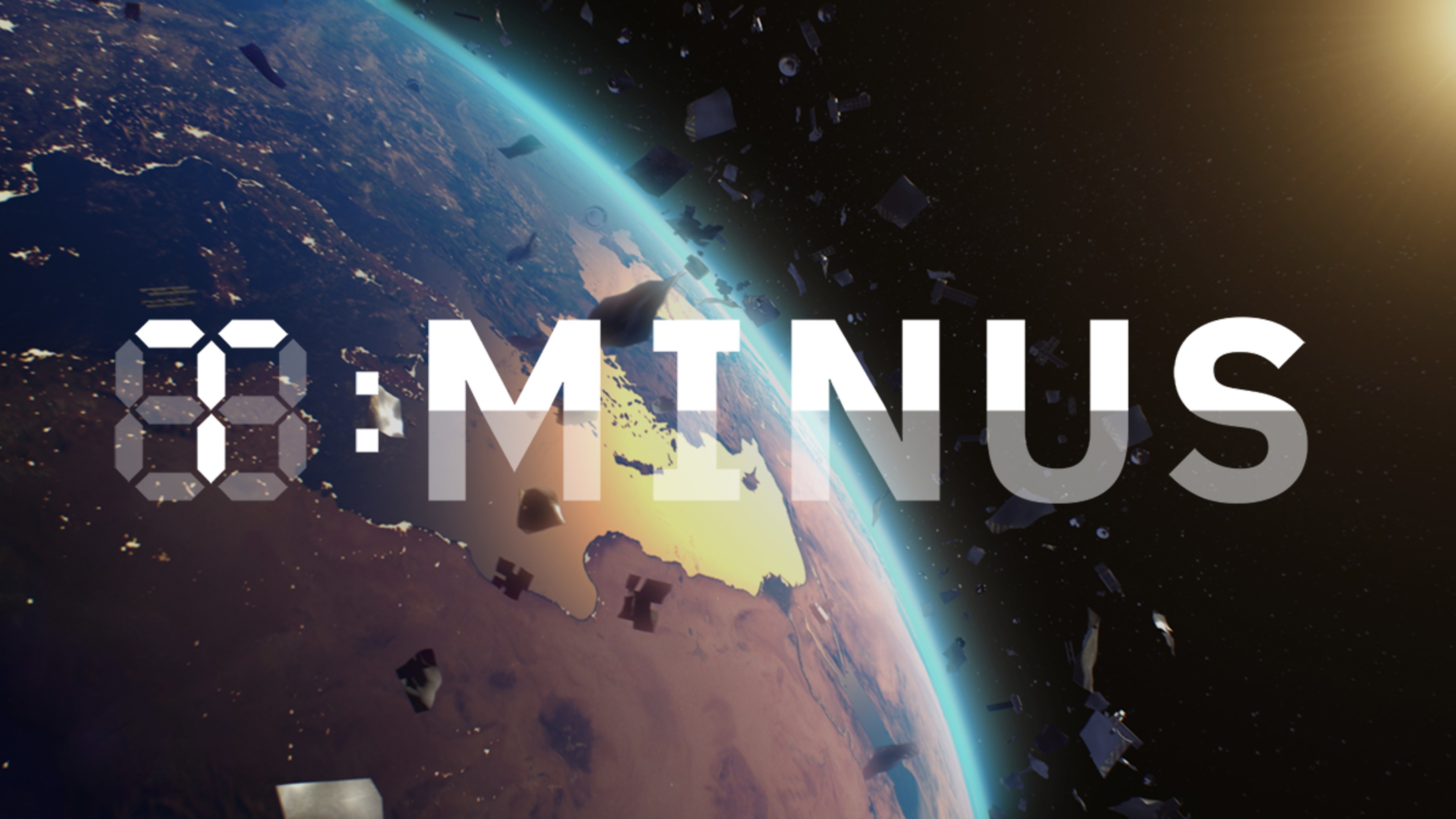The slow pace of change and closed mindsets are disconcerting to George Kohlrieser.
Kohlrieser:
The change is too slow. My concern is that change is too slow. I think people see it. They see the need for it. And that’s one thing that we have to speed up the rate of which we are doing things to protect the environment. We need to speed up the processes of innovation so we find new ways of energy creation and absorption and use. What also fears me is people who are not socially bonded. These are the dangerous people. They can do crazy things. And, of course, terrorist are terrorist. Again, if you create a relationship with a terrorist, and this is a controversial idea, people do not naturally kill people. We have terrorists, though, who are hell-bent on killing others and they’re in a tribal process. That is also a great concern to me. So it’s we have to be dealing with security and protection, but you don’t create security while, at the same time, demonizing and creating enemies. We have to build dialog. We have to build a tribalization in which we’re open to other tribes, other thinking. What shocks me and scares me is closed mindsets, people who will not consider another idea. And some of the most dangerous closed mindsets are around religious beliefs. I am right and everybody else is wrong. Now, I grew up with a strong spiritual, religious background, I still am too today. But I know, people in all religions that I have been able to talk to, dialog, learn from. It’s this kind of attitude that we need. And also respecting the idea that people do have needs and that we must allow people to develop those needs. And in the end, it is about sharing. It is about sharing and building a commonality in which we build on the strengths of people. We help people. We lift people up. Muhammad Yunus. This is an incredible story. $27 was what he got, this whole bank started on. We’re talking about $700 billion in this bailout. What could be done with that money? And how do we come back to people? In the end, the world is about people and the well-being of people. And I’m going to a conference very soon on, basically [IB] [a study] on the well-being of countries. How do we look at the well-being of countries? How do we look at how the governments are trying to help people find satisfaction? You know, what’s clear is those who have the most are often the least satisfied and yet they are the most destructive in many ways in the world.





